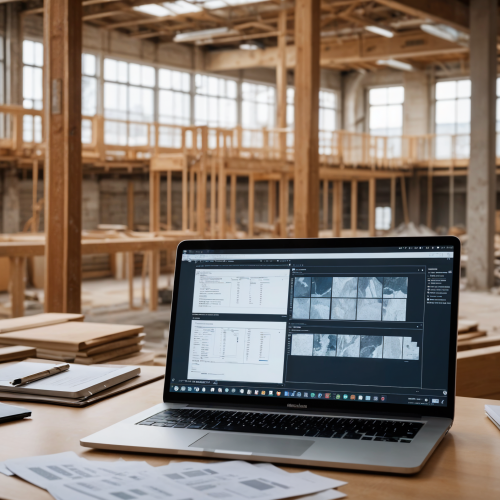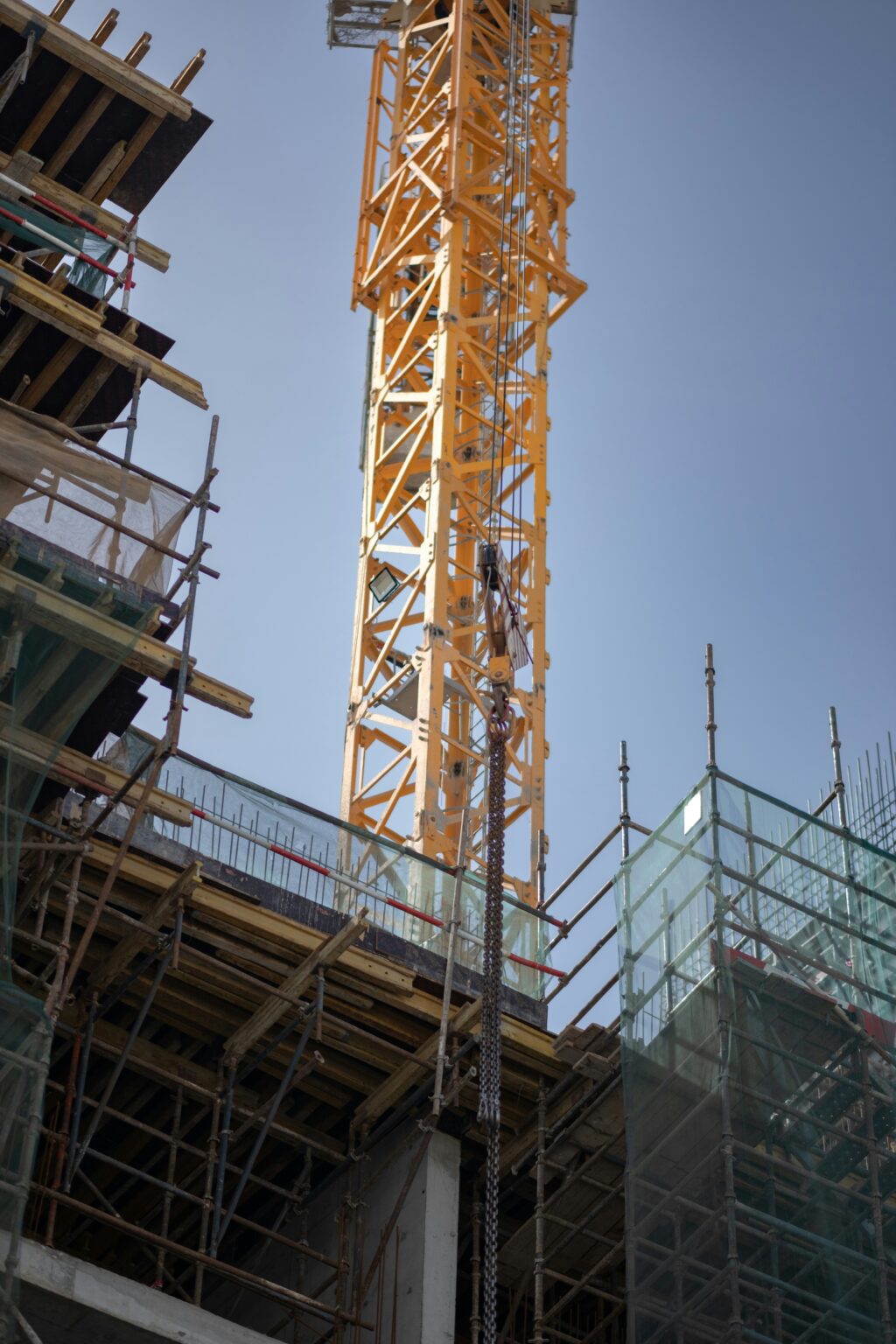Artificial Intelligence (AI) has moved beyond being a mere buzzword to become a fundamental driver of innovation across industries. While the media often focuses on consumer-facing developments like ChatGPT, AI has been quietly revolutionising sectors such as construction, bringing about transformative changes that are reshaping how projects are conceived, managed, and delivered.
Reports from McKinsey, HBR and many others, frequently cite the construction industry as one of the least digitised sectors. However, in an industry as complex and dynamic as construction, the need for innovation has never been more critical.
By overcoming a traditional resistance to change and a heavy reliance on manual processes and fragmented data management, construction firms can gain a significant competitive advantage and reap significant benefits, from planning and scheduling to safety and compliance.
Real-world applications of AI in the construction industry
1. Predictive analytics for risk management
One of the most significant ways construction firms are utilising AI is through predictive analytics, particularly in risk management. Construction projects are fraught with risks—ranging from safety hazards to financial overruns. Software utilising AI can use algorithms to analyse historical project data, including past incidents, project timelines, and cost estimates, to predict potential risks before they become issues.
For example, predictive models can alert project managers to potential delays by analysing current project progress against historical data. This allows teams to take pre-emptive actions, such as reallocating resources or adjusting schedules, to mitigate delays and keep the project on track. By getting these insights in real-time, construction companies can be more proactive rather than reactive, reducing the likelihood of costly overruns and improving overall project delivery.

2. Enhancing safety with AI-powered insights
Safety is a paramount concern in the construction industry, and tech-forward construction firms are leveraging AI to make construction sites safer. Examples of capabilities observed by our research team include image recognition technology, which is used to analyse photos taken on-site. By scanning these images, systems can automatically identify safety hazards, such as workers not wearing appropriate personal protective equipment (PPE) or unsafe conditions like blocked emergency exits. The system then flags these issues in real-time, allowing for immediate corrective action.
This AI-driven approach not only enhances the safety culture on construction sites but also helps companies to stay compliant with safety regulations, potentially avoiding fines and reducing the incidence of workplace injuries.
3. Automating administrative tasks
Construction projects involve a significant amount of documentation, from contracts and change orders to daily logs and inspection reports. AI capabilities can automate these administrative tasks, freeing up valuable time for project managers and teams to focus on more strategic activities. Automation is a key area where AI can drive huge operational efficiencies in software, customer service and so much more.
For instance, one system we analysed can automatically categorise and organise documents as they are uploaded, making it easier for teams to find the information they need quickly. Additionally, natural language processing (NLP), another branch of AI, is used to extract relevant data from unstructured documents, such as identifying key terms in a contract or summarising the contents of a lengthy report. This automation reduces the time spent on manual data entry and document management, improving overall productivity.
4. Facilitating better communication and collaboration
Communication breakdowns are a common cause of delays and errors in construction projects. AI is being used to facilitate better communication and collaboration across all stakeholders, from architects and engineers to contractors and clients. AI-powered tools can analyse communication patterns and project data to identify potential misunderstandings or gaps in information that could lead to issues down the line.
For example, AI can track the flow of information between teams and highlight areas where critical updates may not have been communicated effectively. This proactive approach ensures that everyone involved in the project is on the same page, reducing the risk of errors and ensuring that projects proceed smoothly.
The future of construction with AI innovations
As with so many others, AI is poised to transform the construction industry, driving significant advancements in efficiency, safety, and project management. Leaders of construction firms, both large and small, need to be considering how AI and other technologies will be changing the competitive landscape in the coming years.

